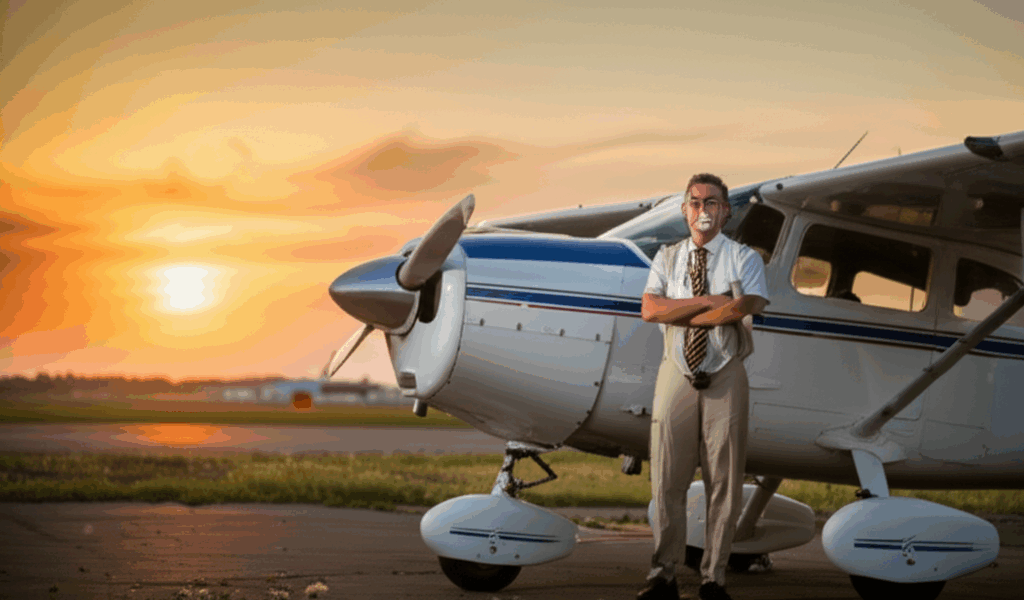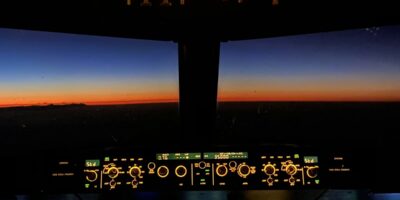Basic Requirements for Pilots has gotten complicated with all the conflicting information flying around. As someone who has spent years studying aviation, I learned everything there is to know about this subject. Today, I will share it all with you.
Do You Need a Degree to Be a Pilot?
The journey to becoming a pilot is filled with questions, one of which is whether a degree is necessary. Aspirants often wonder if a higher education degree is a prerequisite for soaring the skies. Let’s explore what it truly takes to become a pilot and where a degree might fit into this journey.

Basic Requirements for Pilots
Flying an aircraft requires meeting certain baseline standards. The core requirements involve age, language proficiency, and medical fitness. Many countries require a minimum age, typically 18, to begin pilot training. English, as the international language of aviation, requires proficiency for effective communication. Aspiring pilots must pass a thorough medical examination to ensure physical fitness.
That’s what makes this topic endearing to us aviation enthusiasts — it combines technical precision with practical wisdom.
Role of Pilot Licenses
The key step in becoming a pilot is obtaining the necessary licenses. These licenses vary based on the type of aircraft you wish to operate and the role you desire. The Private Pilot License (PPL) allows for personal, non-commercial travel. It serves as the foundation for further certifications. The Commercial Pilot License (CPL) is necessary for those wishing to be compensated for their flying. This involves additional training, more flying hours, and successful completion of written exams.
Flight Training Schools and Programs
Flight training is crucial for budding pilots. Many flight schools offer programs designed to take students from novices to licensed pilots. In these programs, students learn about aerodynamics, aircraft systems, weather patterns, and navigation. These practical skills and theoretical knowledge form the building blocks of a competent pilot.
Importance of Flight Hours
To progress through the ranks of piloting, accumulating flight hours is essential. Each license level mandates a specific number of flight hours before testing. For instance, a PPL typically requires around 40 hours of flight time. The CPL usually requires a minimum of 250 flight hours. For those eyeing a career as an airline transport pilot, over 1,500 hours of flight time is often necessary. These experiences in the cockpit provide real-world practice and build confidence.
Airline Transport Pilot License
The Airline Transport Pilot License (ATPL) represents the pinnacle of civilian pilot licenses. It allows an individual to act as the pilot-in-command on scheduled air carriers. This license requires extensive training and significant flight experience. It involves passing both written and practical exams. The ATPL is highly regarded in the industry.
Industry Preferences and Requirements
The aviation industry includes a range of employers, each with its standards. Regional airlines may have different criteria compared to major carriers. While a college degree is not always a strict requirement, it can influence prospects. Major airlines often prefer candidates with a degree, viewing it as an indicator of discipline and dedication. However, it’s not uncommon for pilots to enter the industry without one.
Probably should have led with this section, honestly.
Benefits of a College Degree
Having a degree can provide an edge in competitive job markets. It can open opportunities beyond flying, such as management roles or specialized positions within an airline. Degrees in fields like aviation, engineering, or business are often favored. The broader skill set from a college education can enhance career flexibility.
The Military Pathway
The military offers an alternative route to becoming a pilot. Military pilots receive comprehensive training without the initial financial burden of civilian flight schools. The experience gained in the military can transition to civilian aviation, with many military pilots moving to commercial airlines after service. The military often provides an education, sometimes requiring an initial degree to enter officer pilot training programs.
Cost Considerations
Flight training is an investment, often costing tens of thousands of dollars. Some programs integrate flight training with a degree, appealing to those wanting education alongside pilot certification. Scholarships and financial aid options may be available to offset costs. Understanding the financial commitment is crucial for aspiring pilots planning their education paths.
International Perspectives
Pilot requirements can vary globally. Some countries have educational prerequisites tied to pilot training. For example, several regions mandate specific school-level qualifications prior to beginning flight training. Aspiring international pilots should familiarize themselves with local regulations to ensure compliance.
Technological Advancements and Pilot Training
Technology is transforming pilot training. Simulators play a crucial role, providing safe environments to learn complex maneuvers. Technological proficiency is valuable for pilots, regardless of educational background. A degree in fields like computer science or avionics could benefit those interested in technology-focused aviation careers.
Networking and Career Advancement
Networking often influences career trajectories. Having a degree can connect individuals with peers and mentors enriching their professional lives. Alumni networks and university connections can lead to job opportunities. Professional aviation organizations offer networking platforms, regardless of degree status.
- Age requirements vary, but 18 is common to begin training.
- English proficiency is essential for international communication.
- Medical fitness is necessary, confirmed by regular exams.
- PPL is foundational, CPL is for professional work.
- Flight hours build experience and confidence.
- ATPL is required for airline captains.
- Degrees can enhance career prospects, though not always required.
- Military paths offer training without initial costs.
Whether you choose to pursue a degree depends on your goals and circumstances. The pilot journey is adaptable, accommodating those who focus solely on flight training and those integrating academic pursuits. Understanding industry expectations and aligning them with personal objectives is key. Ultimately, a pilot’s effectiveness in the cockpit counts most, regardless of educational background.


